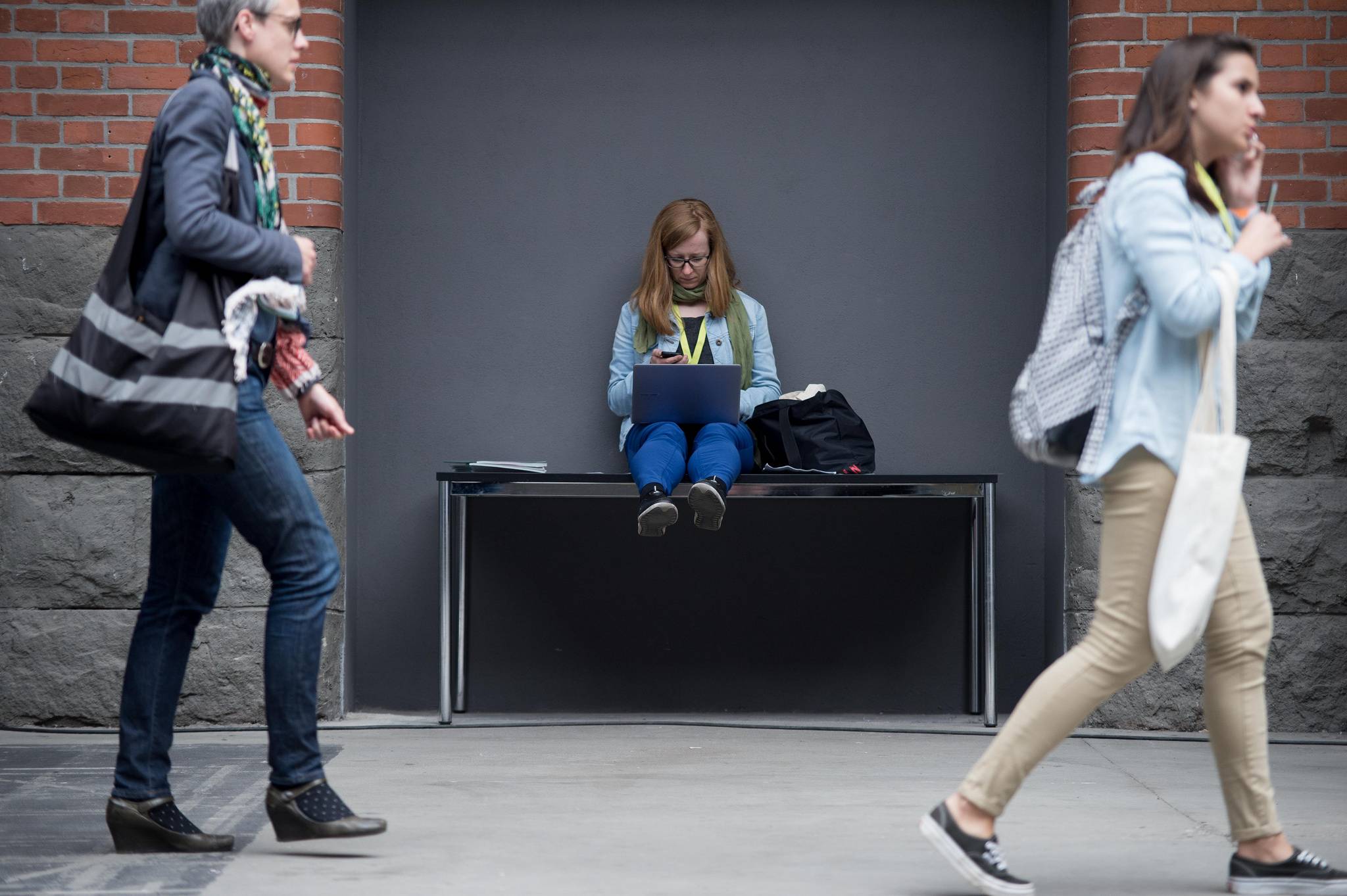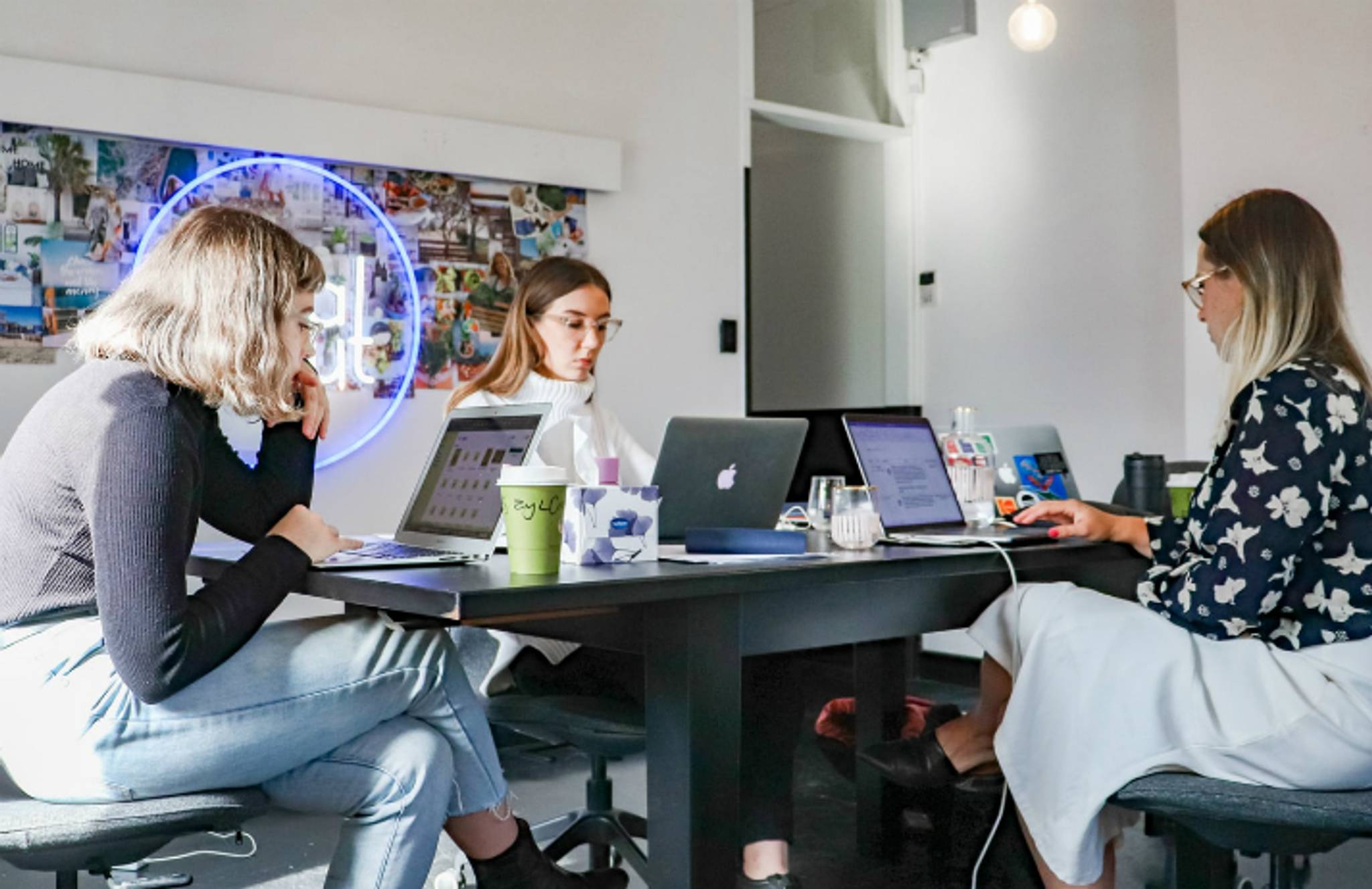
A survey has revealed that Americans’ levels of trust in each other has increased since 2018. However, certain demographics, such as those with higher incomes, report higher levels of trust in others during the coronavirus outbreak, suggesting an inequality in pandemic experiences. We explore the insights behind trust levels specifically during the COVID-19 outbreak.
A study conducted by the Pew Research Center divided people into three trust categories: low, medium, and high. The proportion of American adults classed as ‘high trusters’ rose from 22% in 2018 to 29% in March 2020. Americans’ opinions about other people’s altruism also increased. In 2018, 37% of Americans believed that most of the time people will try to help others, compared with 42% in 2020.
Levels of trust were shown to affect attitudes toward the COVID-19 outbreak, with 80% of high trusters thinking that ordinary people in their communities are doing an excellent or good job of responding to the crisis, compared with 44% of low trusters. Additionally, just 40% of high trusters think that the pandemic poses a major threat to their personal finances, compared to 58% of low trusters, and only 32% of high trusters think that it poses a threat to their health, compared to 40% of low trusters.
The study also found that people’s circumstances may contribute to their levels of trust. According to Pew, those with higher household incomes or higher levels of education are more likely to be in the ‘high-trust’ category. As a result, differences in financial and material circumstances may directly affect high and low trusters’ experiences of the pandemic.
There is no better place to look than social media to see the real-life differences in isolation experiences. Some High Net-Worth Individuals have posted photos of themselves enjoying social isolation on yachts or in mansions in exotic locations. This starkly contrasts the experiences of those who are recovering from the disease, grieving the loss of loved ones, or the many low-wage workers that are losing jobs. In this light, brands have an opportunity to increase trust among consumers by being sensitive to the vast range of pandemic experiences and by matching their communications to respectfully acknowledge different people’s circumstances during the global crisis.
Polina Norina is a senior behavioural analyst at Canvas8. She has a background in editorial project management and copywriting, and has previously worked on New York Times bestsellers in trade publishing and international comms projects for companies like Airbus. Outside of work, you can find her learning new languages, reading non-fiction or discovering new design innovations.



